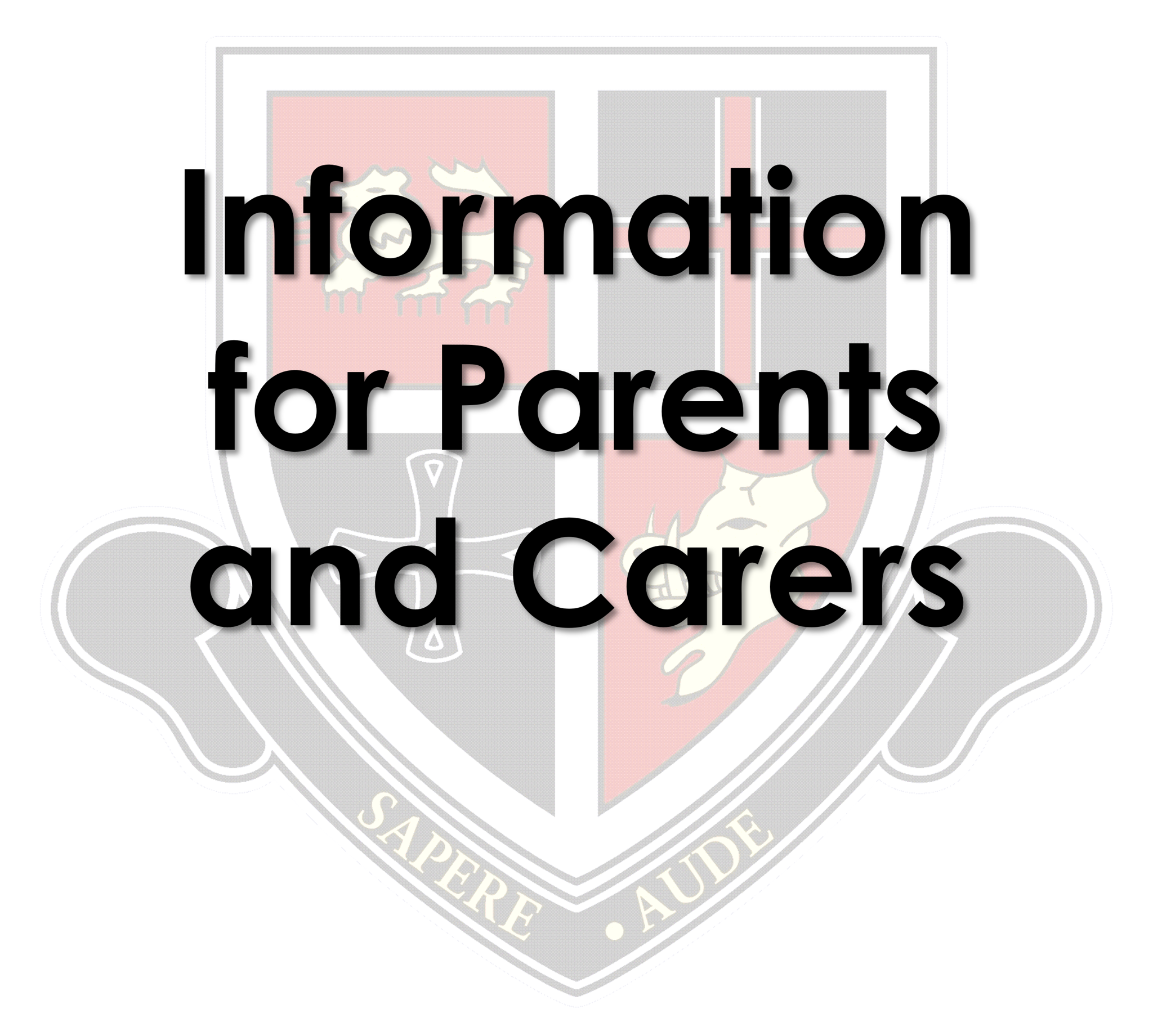6 December 2022

It is likely that there will be increasing numbers of people affected by winter illnesses, such as diarrhoea and vomiting, influenza and scarlet fever. Please find below, advice on how to reduce the risk of catching these common bugs.
General hygiene
Handwashing is a highly effective way of preventing many infections from spreading. Please advise your child that they should frequently wash their hands with warm water and soap, particularly after using the toilet, after using a tissue to catch a cough or sneeze, and before eating.
As they are not effective against some germs which cause gastrointestinal illnesses, hand sanitiser gels are not a suitable substitute for handwashing after using the toilet.
Respiratory infections including influenza (flu) and COVID-19
Respiratory viruses such as flu and other flu-like illnesses spread easily between people from coughs and sneezes and can live on surfaces for several days. Symptoms may develop quickly and can include sudden fever, a dry chesty cough, a sore throat, aching body, headache, tiredness, diarrhoea or tummy pain, and nausea.
For most people, viral respiratory infections result in an unpleasant but self-limiting illness. However, some people are at risk of developing severe illness or complications, including older adults, pregnant women, those with a long-term condition or a weakened immune system, and those in long-term care facilities.
Vaccination of eligible children can reduce the risk of infection, including to others they are in contact with. There is more information on the COVID-19 vaccine for children at this link.
The seasonal flu jab offers the best available protection against severe illness caused by the influenza virus. All children and adults eligible for an NHS vaccination should take up this offer. There is more information on the flu vaccine for children at this link.
If you or your child are in an at-risk group and develop symptoms of flu, anti-viral treatment may be advised. Please seek prompt medical assessment via NHS 111, a GP or a nurse who will be able to provide further advice.
If you or your child are in an at-risk group and have had recent contact with a confirmed influenza case and have not had the seasonal flu jab, anti-viral treatment may be advised. Please seek prompt advice via NHS 111, a GP or a nurse.
If you or your child are not in an at-risk group and develop symptoms of flu, and would like advice on managing these symptoms, please consult a pharmacist, NHS 111, or your GP or nurse in the usual way. There is more information on flu at this link.
As with any respiratory illness, any child with these symptoms should stay off school until any fever has resolved and they are well enough to do their normal activities.
Diarrhoea and vomiting
It is not unusual for viruses which cause diarrhoea and vomiting to circulate among children, especially over the winter. If you or your child develop these symptoms and are concerned about them, please contact NHS 111 or your GP or nurse in the usual way. There is more information on diarrhoea and vomiting at this link.
Any child who develops diarrhoea and/or vomiting should stay off school until 48 hours after they last had diarrhoea or vomiting.
Group A Streptococcal Infection
Group A Streptococcus is the name given to a type of bacteria sometimes found in the throat or on the skin. Group A Streptococcus usually causes mild illness like sore throats and skin infections. Rarely these bacteria can cause severe and life threatening illness called invasive Group A Streptococcal disease.
Group A Strep can cause throat infection, scarlet fever or skin infections such as cellulitis or impetigo. These infections are usually treated with antibiotics. Very rarely it can cause severe illness when the bacteria get into parts of the body that are usually free from bacteria such as the lungs, blood or muscles. This is called invasive Group A Streptococcal disease.
Those at an increased risk of invasive Group A Streptococcal disease include people who:
- are in close contact with someone who has the disease
- are over the age of 65
- are diabetic, have heart disease or cancer
- have recently had chickenpox
- have HIV
- use some steroids or other intravenous drugs
The symptoms can include:
- fever (a high temperature above 38°C /100.4°F)
- severe muscle aches
- localised muscle tenderness
- redness at the site of a wound
You should contact your GP or get medical advice straight away if you think you have any of the signs and symptoms of invasive disease. Tell your doctor if you have been in contact with someone who has had Group A Strep recently.
Scarlet fever
Scarlet fever is usually a mild illness, but it is highly infectious. Therefore, look out for symptoms in your child, which include a sore throat, headache, and fever, along with a fine, pinkish or red body rash with a sandpapery feel. On darker skin, the rash can be more difficult to detect visually but will have a sandpapery feel.
Children who have recently had chickenpox are at high risk of a more severe course of illness if they catch scarlet fever.
Contact NHS 111 or your GP if you suspect your child has scarlet fever, because early treatment of scarlet fever with antibiotics is important to reduce the risk of complications such as pneumonia or a bloodstream infection.
If your child has scarlet fever, keep them at home until at least 24 hours after the start of antibiotic treatment to avoid spreading the infection to others.
There is more information on scarlet fever at this link.
There are lots of viruses that cause sore throats, colds and coughs circulating. These should resolve without medical intervention. However, children can on occasion develop a bacterial infection on top of a virus and that can make them more unwell.
As a parent or carer, if you feel that your child seems seriously unwell, you should trust your own judgement. Contact NHS 111 if or your GP if:
- your child is getting worse
- your child is feeding or eating much less than normal
- your child has had a dry nappy for 12 hours or more or shows other signs of dehydration
- your baby is under 3 months and has a temperature of 38C, or is older than 3 months and has a temperature of 39C or higher
- your baby feels hotter than usual when you touch their back or chest, or feels sweaty
- your child is very tired or irritable
Call 999 or go to A&E if:
- your child is having difficulty breathing – you may notice grunting noises or their tummy sucking under their ribs
- there are pauses when your child breathes
- your child’s skin, tongue or lips are blue
- your child is floppy and will not wake up or stay awake
School closures
The Health Protection Team does not frequently or routinely advise that schools close when there are increased levels of diarrhoea and vomiting, increased number of COVID cases, or increase numbers of cases of other winter illnesses.
Closing schools does not usually provide substantial additional protection against catching illnesses which are commonly circulating in the community.
However, schools may need to close for other practical reasons, such as due to high levels of staff absence, or a need to facilitate additional cleaning. Any decision about school closures will be taken by the school’s leadership team in liaison with the Local Authority, and any queries regarding these should be sent directly to the school email address, school@durhamjohnston.org.uk.

